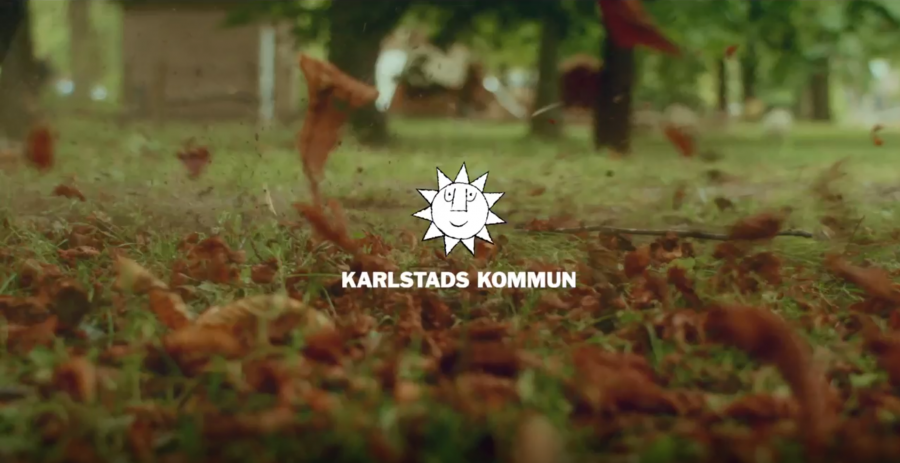My name is Sam Ward, I'm 17 and live in Hertfordshire (Tring). I am currently staying in South Acton and am a first year practical horticulture apprentice at Royal Botanic Gardens, Kew.
I have recently become very interested in the media side of the business and I feel that starting to write small articles here and there would really help me understand the field more. I also feel that not only would writing articles and getting my name heard benefit me, but for people to read about horticulture from a young person’s point of view (who is very new to the field) and learn things about Kew and the plants it features that they wouldn't necessarily know.
I am very grateful for the opportunity to write on the website and in the 'Professional Horticulture' magazines and would only love to further my experience in the business.

Week
ending Friday 14th April
This
week was the first week in my new placement within the Gardens,
consisting of the Great Broadwalk Boarders, Palm House Pond and around the
Orangery. Now that the lilies are starting to take shape and tulips are in
flower the infamous lily beetle is quite an issue. I was lucky enough to be
taught how to control the pest in the most effective and humane way; by crushing
them. It may be time consuming and sound brutal but crushing the lily beetles by
hand is really the only way in which they can be eradicated. The lily beetle
(Lilioceris lilii) is a small red beetle with a hard shell that attacks some
plants within the liliaceae family, for example fritillaries, tulips and of
course lillies. Pest control is an incredibly important task within horticulture
and there are many different methods for different pests, this is an example of
physical control: the act of physically doing something to remove and or attack
the pest. I look forward to seeing what exciting new tasks await me in my new
team.
Friday 21st April
Within my new team are 3 sub teams in which I rotate around all of
them, however this week we all joined forces and worked on the meadow land
surrounding The Hive. The land needed top soiling with a mix of compost and
wildflower seed so that by the time summer arrives The Hive will be in full
bloom. The banks of the hive are peppered with spring bulbs and wild flowers to
encourage bees and increase biodiversity in a honeypot site of the gardens. The
Gardens hold a large conservation area down in the arboretum that is managed so
that native plants and animals can grow and thrive. Recently the boardwalk
opened in the conservation area, allowing the public to walk through the
woodland without disturbing or damaging the area. In addition to the wildflower
area around The Hive and the conservation area Kew also has many bee hives
dotted around the Gardens. Bees are extremely important for our ecosystem as
they are the main pollinators for most flowering plants which is why we do
everything in our power to protect and encourage them in any way we can. Working
around the hive with my entire team was a great experience and I can't wait
until The Hive is buzzing with life.
Friday 28th April
Irrigation is back! I remember first starting at Kew in mid August
when the endless task of irrigation was in full flow: watering for 2017 has well
and truly begun. This week was the week where I worked in The Rose Garden and
around the pond. I thoroughly enjoy the task of irrigation due to the fact that
a plant needs water to survive, if I am providing the plant with water I am
helping it to survive making it a very interactive job. I enjoy seeing the
plants glow and thrive when water is readily available and the contrast between
a wilting plant and a lush turgid one in my mind is just phenomenal. At Kew we
use sprinklers and hoses as they prove the most effective method. Hand watering
in some scenarios can make more sense, for example newly planted herbaceous
plants, but can take up quite a large proportion of a very short day. I've been
regulating the sprinklers in the beds surrounding the lakes and watering the
newly planted trees (Prunus yedoensis) and roses.







